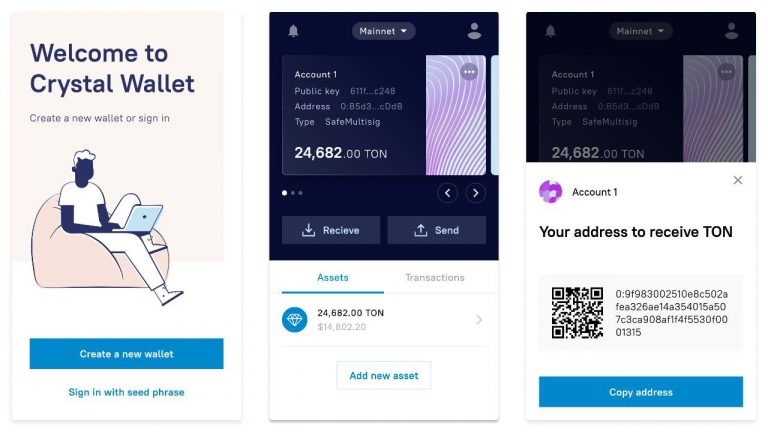
Chrome’s Privacy Sandbox tracks users’ behavior within the browser instead of relying on third-party cookies.
Google Chrome launched its built-in tracking and ad-curation platform, “Privacy Sandbox,” on Sept. 7 for general availability, according to a company blog post. The platform was originally rolled out to a small percentage of users but is now available to around 97% of users. Google said the remaining 3% will be onboarded over the next few months.
Privacy experts have criticized the new tracking system. But in its announcement, Google defended it, stating that Privacy Sandbox needs to be implemented to eliminate third-party cookies and fingerprinting.
Google is introducing Privacy Sandbox to Chrome users, replacing third-party cookies with more privacy-centric tracking of topics of interest. However, concerns arise about transparency and data collection. Users can control ad topics in Settings. #PrivacySandbox pic.twitter.com/fLzLZO309m
— Realtime Global Data Intelligence Platform (@KIDataApp) September 8, 2023
Over 80% of websites use Google’s Adsense service to generate ads on their pages, according to business analytics platform 6sense. To target ads to readers effectively, Adsense embeds cookies in the user’s browser. These cookies track users’ behavior as they browse from site to site, gathering data that can be used to determine what products they may be interested in buying. Because these cookies are produced by Google rather than the website being visited, they are often called “third-party cookies.”
Some competing ad platforms such as Microsoft Ads also use third-party cookies.
Privacy advocates have criticized the practice of embedding third-party cookies, and some users have sought ways to block them. Apple’s Safari, Mozilla’s Firefox and Brave’s Brave browser have all implemented blocks on third-party cookies by default. Chrome users can also choose to block these cookies through the settings menu.
In a January 2020 blog post, Google argued that browsers should not block third-party cookies by default until an alternative tracking system is created. “Some browsers have reacted to these concerns by blocking third-party cookies,” the post said, “but we believe this has unintended consequences that can negatively impact both users and the web ecosystem.”
According to Google, blocking third-party cookies may lead to “[encouraging] the use of opaque techniques such as fingerprinting (an invasive workaround to replace cookies), which can actually reduce user privacy and control.”
The Sept. 7 announcement echoes these earlier statements, claiming:
“Without viable privacy-preserving alternatives to third-party cookies, such as the Privacy Sandbox, we risk reducing access to information for all users, and incentivizing invasive tactics such as fingerprinting.”
Google Chrome’s new Privacy Sandbox platform allows user data to be tracked within the browser itself. For this reason, Google believes it will enhance privacy, as it will do away with the need for third-party cookies. However, Google also emphasized that it will not start blocking third-party cookies by default until a later date.
Related: Google responds to accusations of ads tracking data of children
The Electronic Frontier Foundation, a digital privacy advocacy group, argued that an earlier version of the Privacy Sandbox did little to enhance privacy, as it continued to track users’ behavior, albeit within the browser instead of through cookies. According to the group, the Privacy Sandbox could be even more invasive than third-party cookies in some respects.
The new Chrome interface reveals that Privacy Sandbox can be turned off through three different settings within the “Ad privacy” menu.

Brave browser also implements a platform called “Brave Ads,” which tracks users’ behavior. This feature is turned off by default, and if users choose to opt in, they get paid in Basic Attention Token (BAT) for ads they view.



